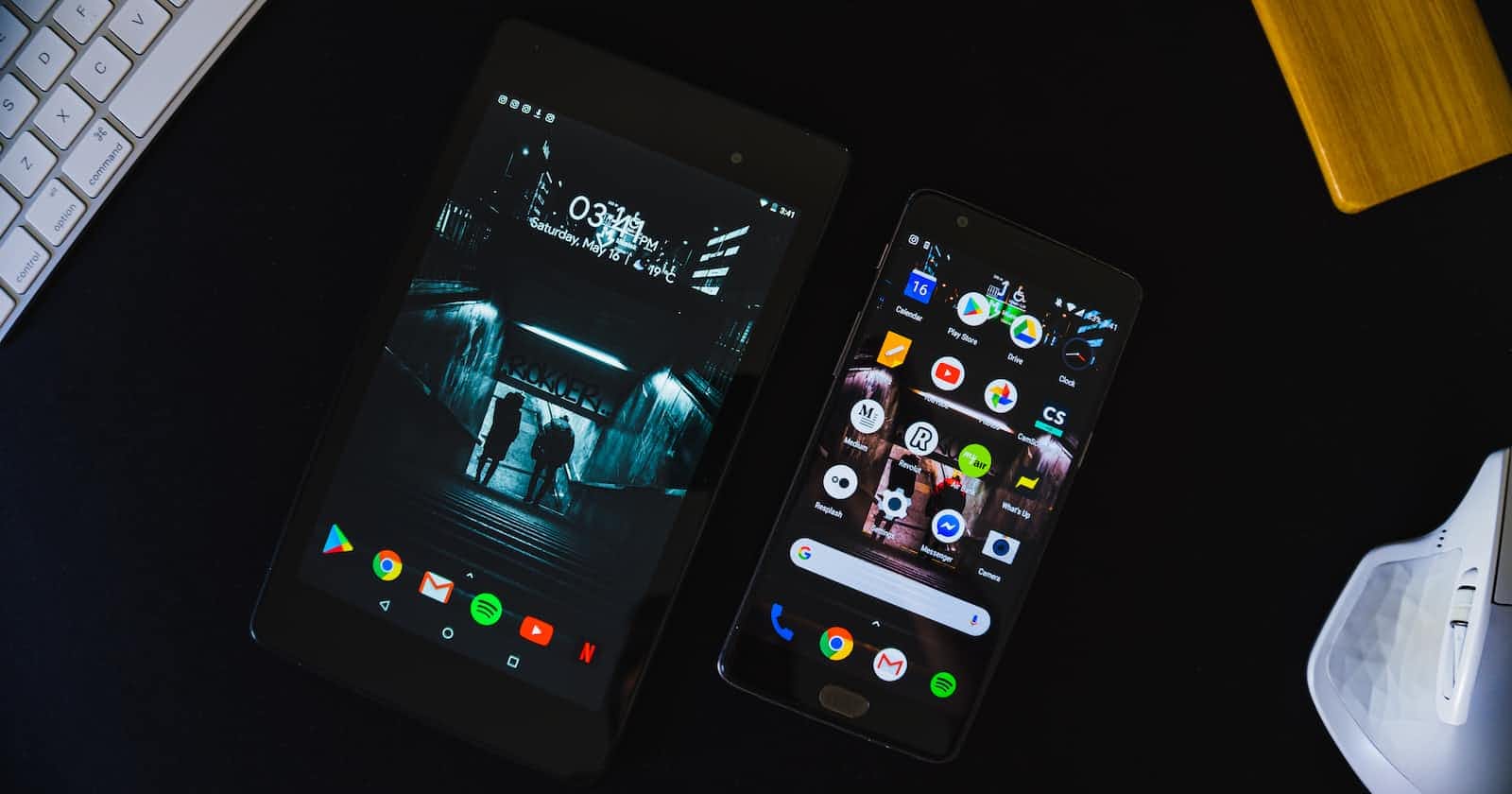Table of contents
No headings in the article.
If you don't already know that Google tracks your location, you probably don't have a smartphone. Now a lawsuit claims Google buries the settings where users can turn off or opt-out to track.
According to a complaint by Arizona attorney general Mark Brnovich, Google knowingly tracked users’ locations even after they opted out and then shuffled its settings menu so the location options are harder to find.
Google uses location history, web history, YouTube history, and other metrics to sell targeted advertisements that are more valuable to companies.
Where are the settings now? To find them on an Android device you will need to open "settings" and scroll almost to the bottom of the page. It isn't labeled "location settings" but under "biometrics and security settings". Once that page is opened you can opt to turn off location tracking. You can also delete your location history. Before you do that, go ahead and take a look at the information Google has collected on your location to get an idea of what the company gathers from its many Google apps. You can opt to turn off location tracking or keep tracking turned on but delete the data automatically once it is saved for 3 month
If you're an iPhone user all you need to do is open "location services" in settings and turn off location for all apps or individual ones. s.s.d.al ones.
People do not like the idea of being tracked of course. When Apple introduced its new anti-tracking feature in iOS 14.5, most users opted out of tracking in their most-used apps and any new ones they download. That information pops up anytime you download and install an app and users can click "ask app not to track". Facebook and other apps have pushed back against that new feature saying it will negatively affect its ability to sell targeted ads and went as far as to say it puts at risk Facebook's ability to offer its services for free.
According to new data from Flurry Analytics, only 2% of iPhone users in the United States have opted to "allow apps to request to track".

